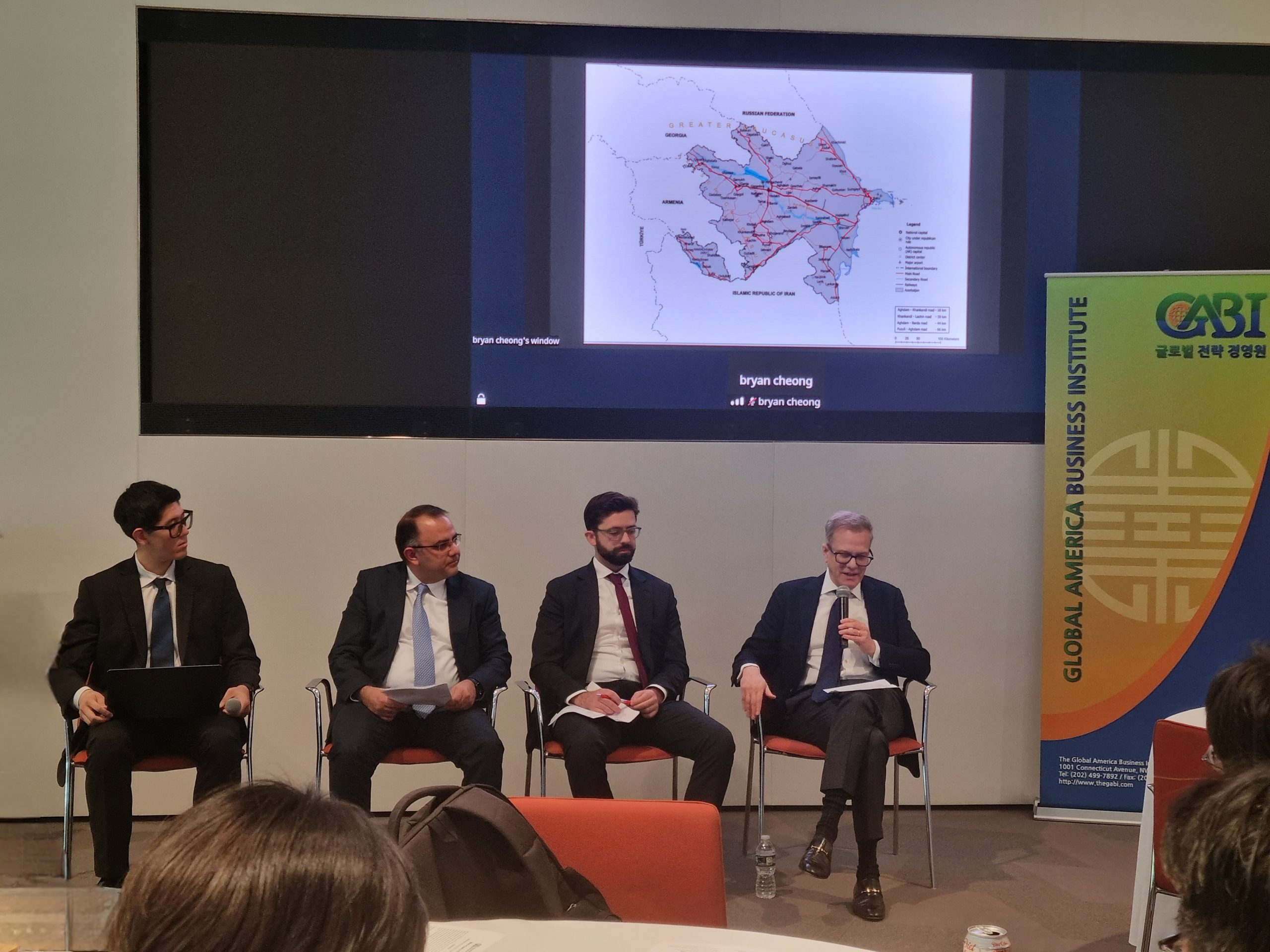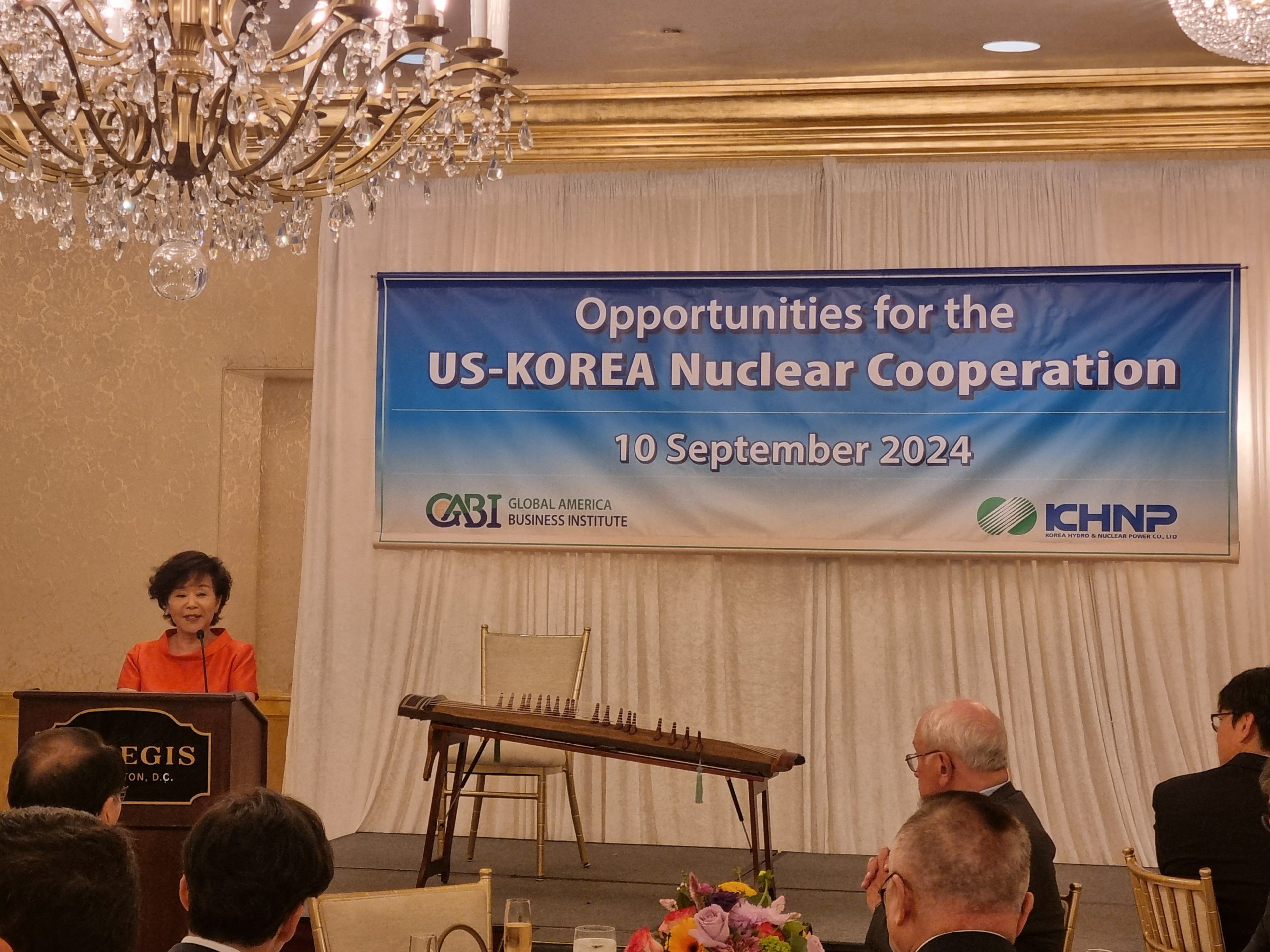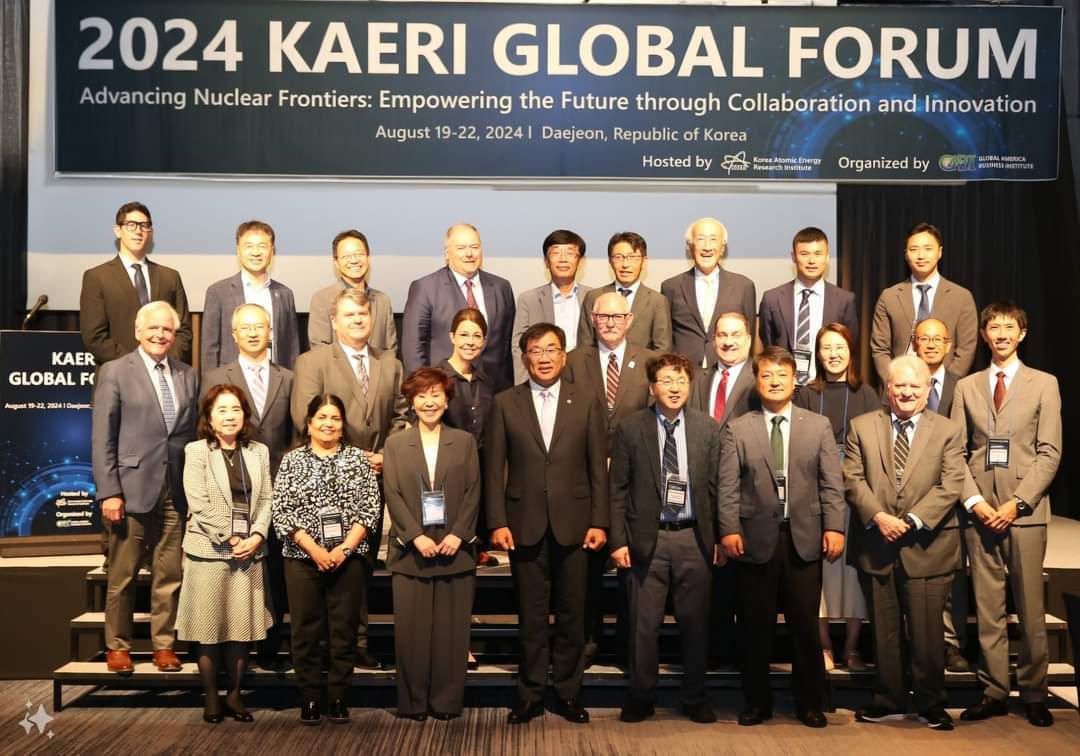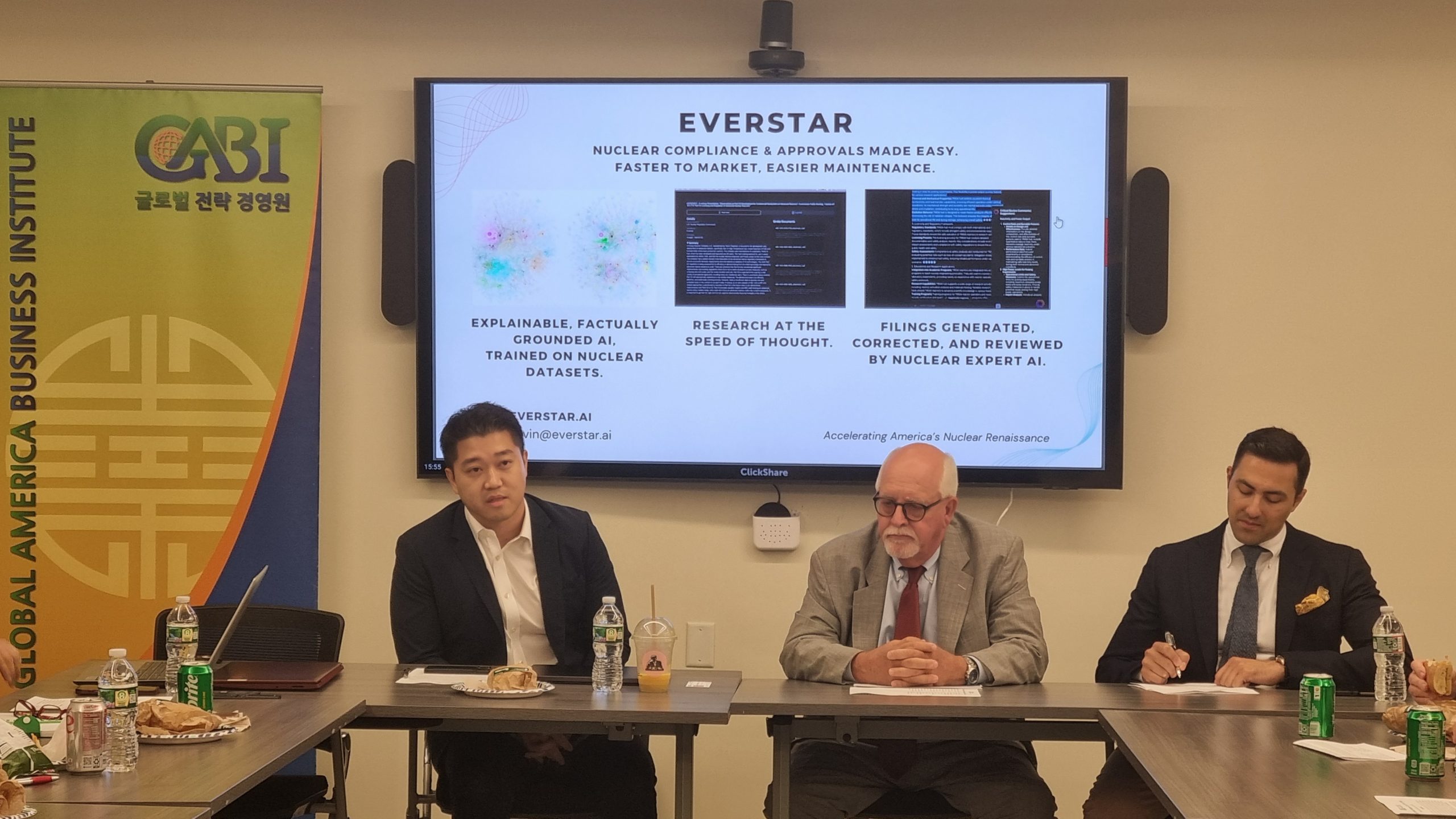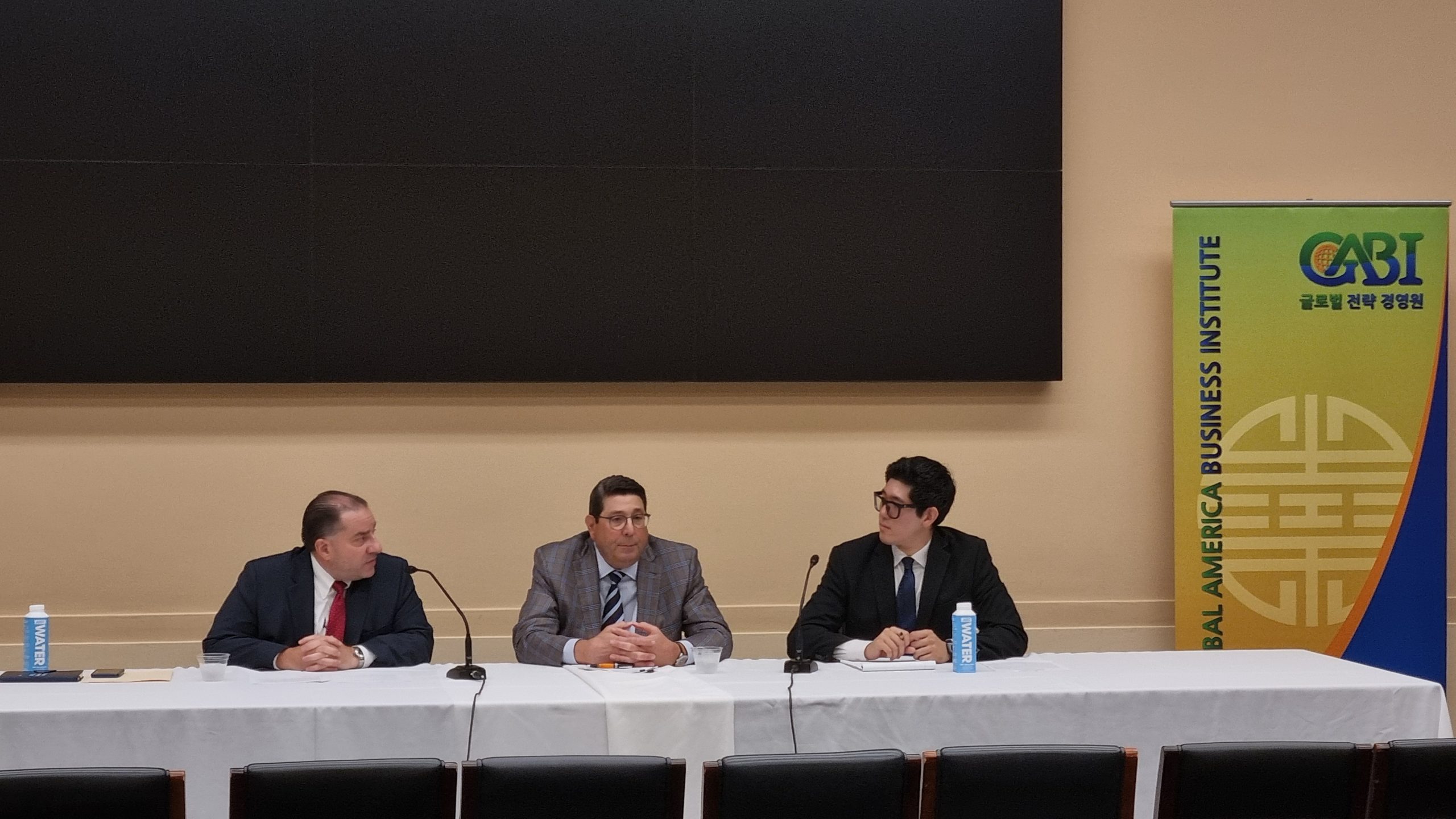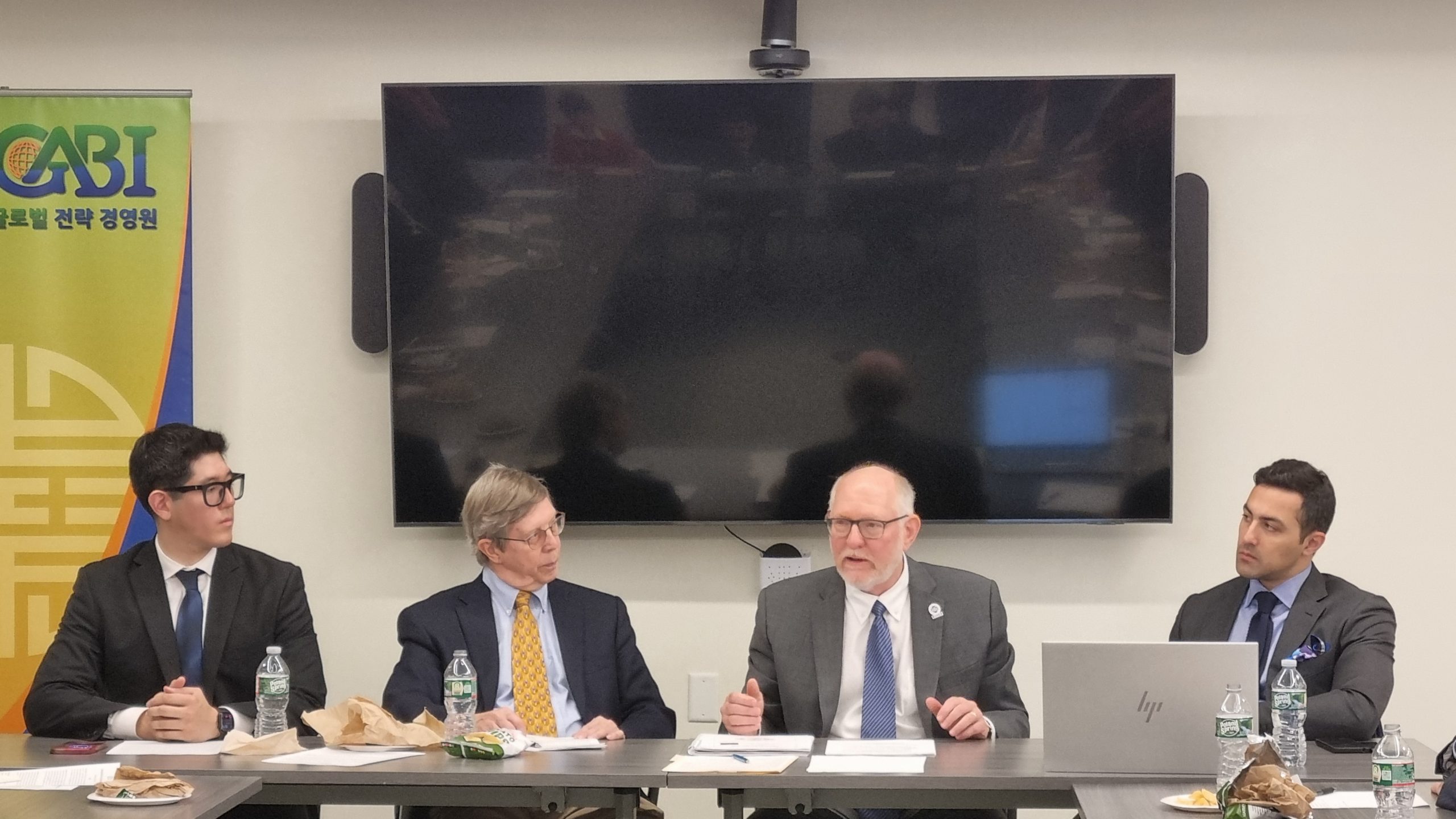June 23, 2017
Nuclear power plays an indispensable role in limiting, or perhaps even reducing, the costs of transitioning towards a clean, low-emissions energy system. Without nuclear, achieving zero or reduced emissions in the energy sector becomes more costly. Moreover, the cost efficiency potential of advanced nuclear designs may actually reduce the costs of power generation from today’s primarily fossil-based mix. Although accurately calculating the costs of new technologies is a complex endeavor, the estimates of many advanced nuclear reactors are within the range of current U.S. wholesale electricity prices, which have been driven down to historic lows from shale gas. In addition to the potential cost benefits of advanced nuclear, nuclear innovation will likely also be critical in promoting high-quality U.S. jobs and driving domestic re-industrialization. As other countries move forward with next-generation nuclear reactor designs, it will be essential for the U.S. to keep pace. Thus, public-private partnerships that promote cooperation between the national laboratories and the current generation of U.S. nuclear energy innovators will be key in ensuring that the U.S. can maintain its technological edge in this area.


